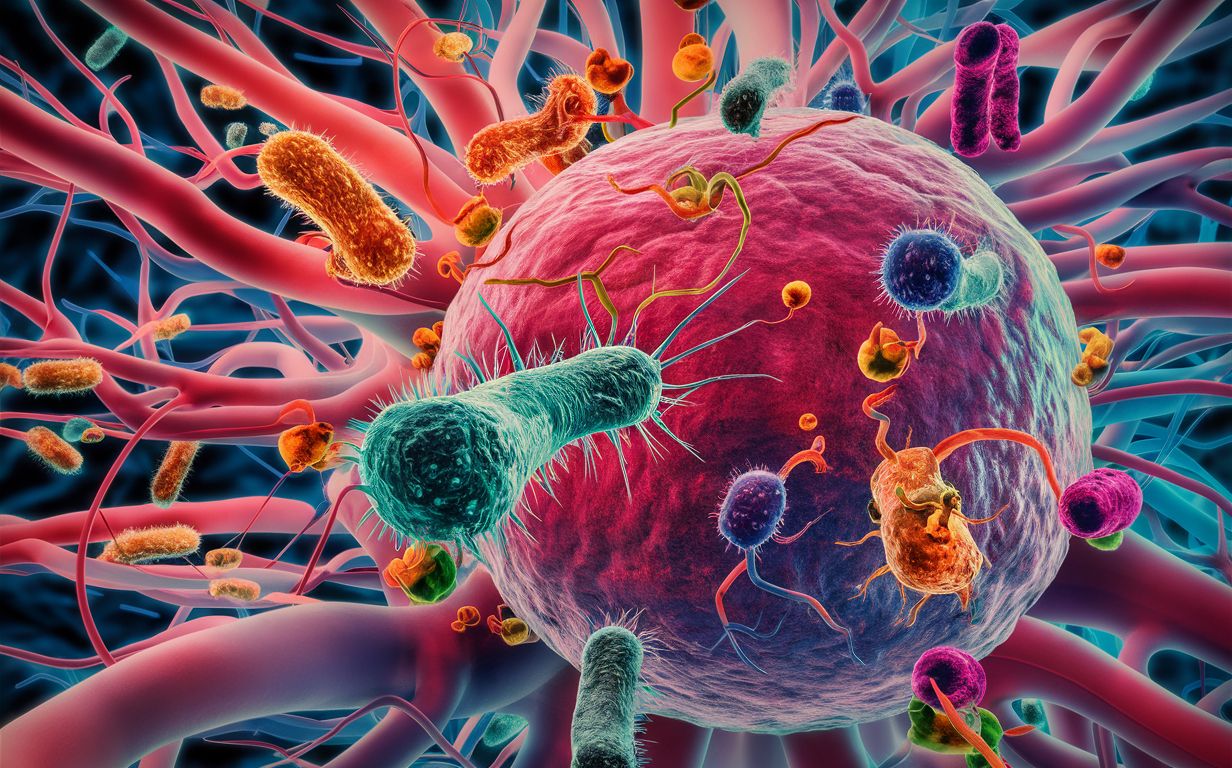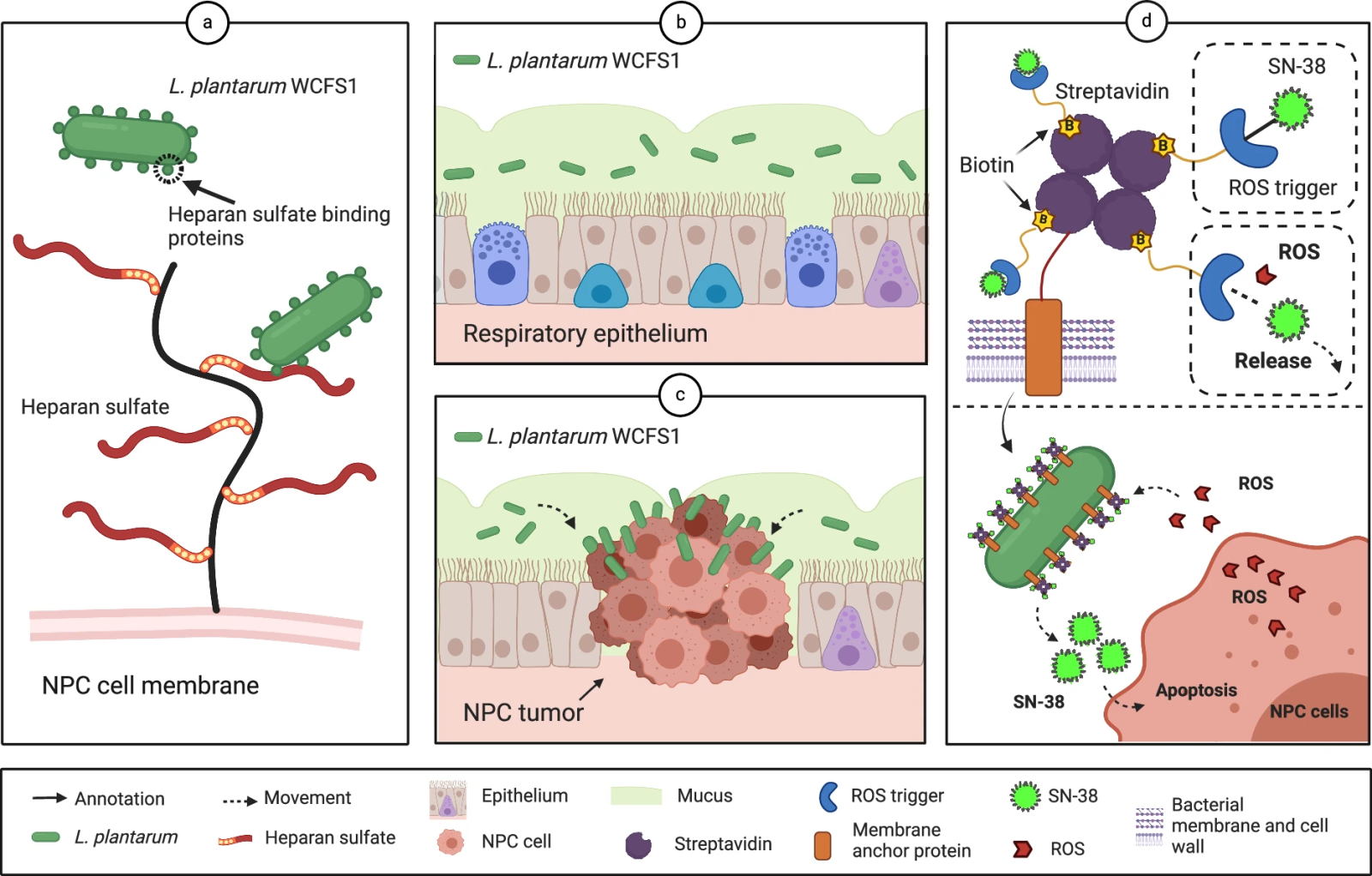These bacteria could revolutionize cancer treatment
Follow us on Google News (click on ☆)

Traditional chemotherapy often comes with severe side effects, causing damage to healthy cells and reducing the overall effectiveness of the treatment. In response to these challenges, a team led by Associate Professor Matthew Chang at NUS has devised an innovative technique to deliver chemotherapy directly to tumor sites.
The NUS team utilized Lactobacillus bacteria, known for their natural interactions with cancer cells, to carry prodrugs that transform into active drugs specifically in the tumor environment. These modified bacteria bind to cancer cells via a surface molecule called heparan sulfate, releasing the chemotherapy drug SN-38 directly at the tumor site.
Preclinical results, published in Nature Communications, show a 67% reduction in tumor growth and a 54% increase in drug efficacy. This method presents promising potential for broader application in treating various types of cancer.

Illustration of targeted chemotherapy release by modified bacteria.
a - Lactobacillus plantarum (Lp) bacteria recognize NPC cells via heparan sulfate binding.
b and c - Specific binding of Lp to NPC.
d - Loading of biotinylated prodrugs on Lp and release of SN-38 by Lp near NPC cells.
The innovation of this approach lies in the specificity of bacterial binding to cancer cells. Dr. Shen Haosheng, lead researcher at SynCTI, emphasizes that this method could be applied to other types of cancers, such as colorectal, bladder, gastric, oral, lung, and nasal cancers, paving the way for a more versatile and effective chemotherapy drug delivery system.
A/Prof Chang, also the director of SynCTI, hopes that this advancement will lead to the development of more targeted and less toxic therapies. This approach could significantly ease the treatment burden for cancer patients, offering a gentler yet equally effective alternative to traditional chemotherapy.